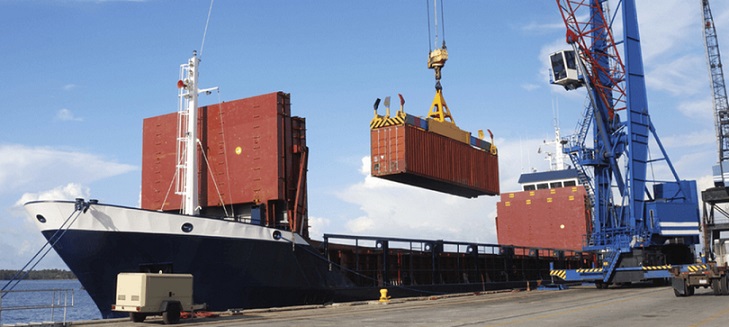Nigeria’s House of Representatives Passes Supplementary Budget, Boosts Spending to N35.06tn
The Nigerian House of Representatives has passed a supplementary budget, increasing the country’s 2024 Appropriation Act from N28.7tn to N35.06tn. The bill, which was passed on Tuesday, seeks to boost spending on key infrastructure projects and debt service.
According to a breakdown of the proposed budget, N1.74tn is earmarked for statutory transfers, N8.27tn for debt service, N11.2tn for recurrent expenditure, and N13.77tn for capital expenditure. The budget aims to fund strategic rail projects, road infrastructure, and other development projects across the country.
Abubakar Bichi, Chairman of the House Committee on Appropriation, led the debate on the general principle of the bill and pleaded for the adoption of the recommendations of the committee. Bichi emphasized the importance of the Lagos-Calabar coastal highway, Sokoto-Badagry highway, and other critical road projects, stating that the government needs funding to execute these important projects.
The chairman also highlighted the parliament’s readiness to engage with various ministries, departments, and agencies to ensure the full implementation of the budget. He assured that the government has the necessary funding to execute the projects and that the implementation will be 100% effective.
When asked if the N3tn approved for the payment of the N70,000 minimum wage is enough, Bichi replied that the money is sufficient to take care of the minimum wage until December 31. He expressed confidence that Nigeria will see dividends of democracy as a result of the budget’s implementation.
The passage of the supplementary budget is a significant step towards boosting Nigeria’s economy and infrastructure development. The increased spending is expected to have a positive impact on the country’s growth and development, providing opportunities for job creation, economic growth, and improved living standards for citizens.



